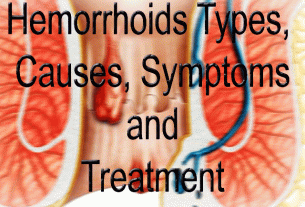Signs You Can’t Get Pregnant
The journey to parenthood is often considered one of life’s greatest joys. However, for some couples, conceiving a child can be a challenging and emotional process. If you’ve been trying to get pregnant without success, it’s essential to understand that you’re not alone. Many couples face fertility issues, and there could be various reasons behind them. In this article, we will explore the Signs You Can’t Get Pregnant that may indicate you’re experiencing fertility problems and what steps you can take next.
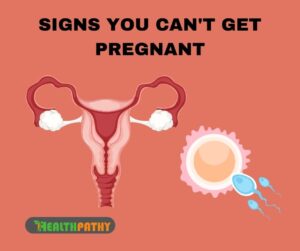
Irregular Menstrual Cycles
One of the first signs that something might be amiss with your fertility is having irregular menstrual cycles. If your periods are consistently irregular, it may indicate hormonal imbalances or other underlying health issues that can affect your ability to conceive.
Painful Periods
Experiencing severe menstrual cramps or pelvic pain during your periods could be a sign of conditions like endometriosis or fibroids, which can interfere with fertility.
Age-Related Factors
Age plays a significant role in fertility. Women over 35 often face a decline in their fertility as the quantity and quality of their eggs decrease. For men, sperm quality can also decrease with age.
Lack of Pregnancy After a Year of Trying
If you and your partner have been actively trying to conceive for a year or more without success, it may be time to consult a fertility specialist. This is especially true if you’re under 35. For women over 35, it’s recommended to seek help after six months of trying.
Previous Health Conditions
Certain medical conditions, such as polycystic ovary syndrome (PCOS), thyroid disorders, diabetes, and autoimmune diseases, can impact fertility. If you have a history of such conditions, they may be contributing to your difficulties in getting pregnant.
Obesity or Underweight
Both being significantly overweight or underweight can affect your fertility. Maintaining a healthy body weight through a balanced diet and regular exercise can help improve your chances of conceiving.
Lifestyle Factors
Unhealthy lifestyle choices, such as smoking, excessive alcohol consumption, and drug use, can hinder fertility. Quitting these habits can increase your chances of getting pregnant.
Stress and Mental Health
Stress, anxiety, and depression can negatively impact fertility by disrupting hormonal balance. Managing stress through relaxation techniques, counseling, or support groups may be beneficial.
Sexual Problems
Issues with sexual function or low libido can make conception difficult. It’s important to address these concerns with a healthcare provider or therapist.
Male Fertility Issues
Fertility issues aren’t exclusive to women. Male infertility is a common problem as well. Factors such as low sperm count, poor sperm motility, and erectile dysfunction can affect a man’s ability to father a child.
Summary
If you’ve recognized one or more of these signs in your life, it’s crucial not to lose hope. Infertility is a medical condition, and there are numerous treatments and interventions available that can help couples conceive. The first step is to consult with a fertility specialist who can conduct tests and provide guidance on the best course of action for your specific situation. Remember, you’re not alone, and many couples successfully overcome fertility challenges to build the family they’ve always dreamed of.
Related Articles:
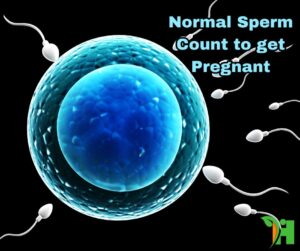
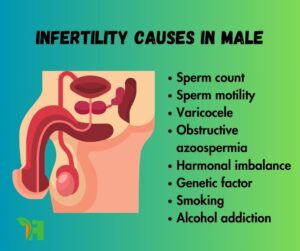
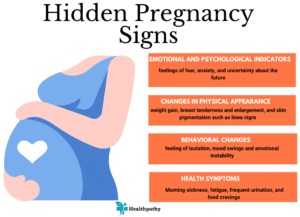
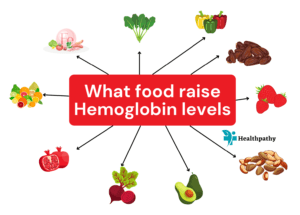

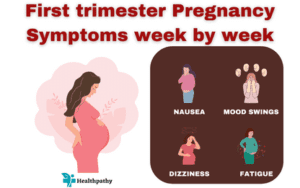
Follow us:



